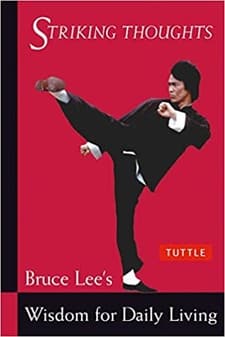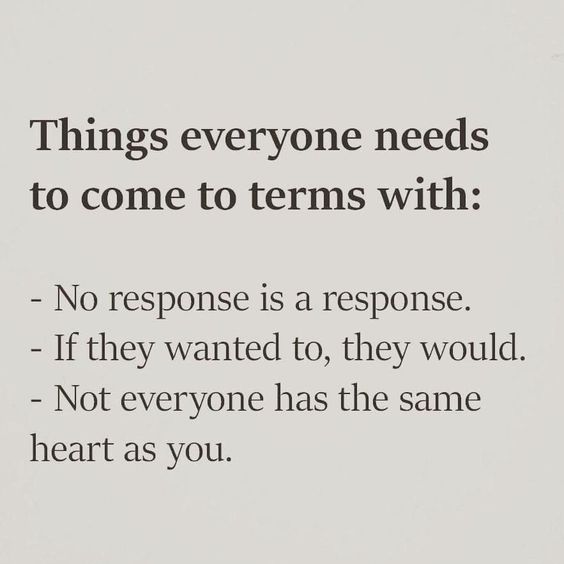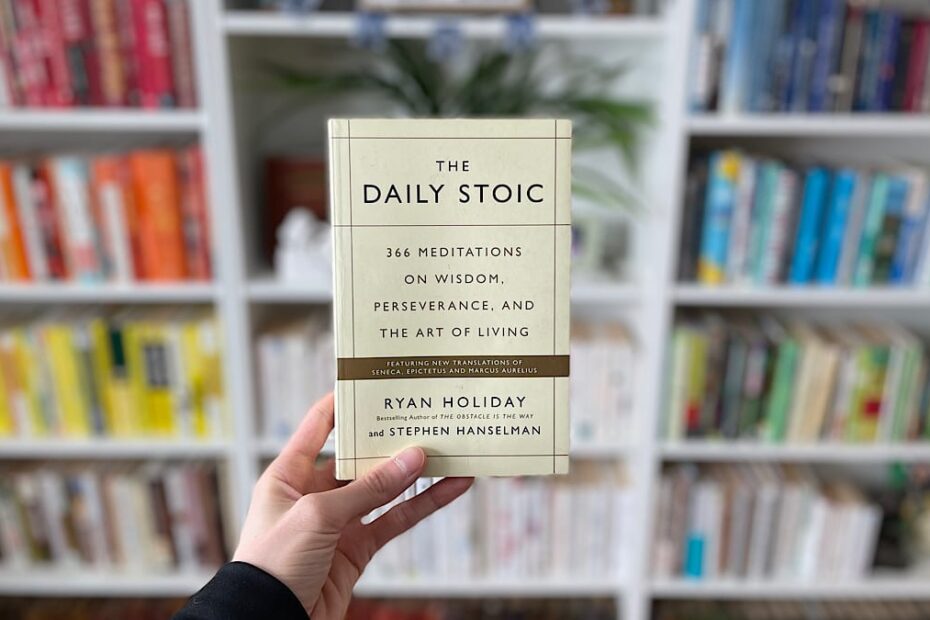“Much has been said of the loneliness of wisdom, and how much the Truth seeker becomes a pilgrim wandering from start to star. To the ignorant, the wise man is lonely because he abides in distant heights of the mind. But the wise man himself does not feel lonely. Wisdom brings him nearer to life; closer to the heart of the world than the foolish man can ever be. Bookishness may lead to loneliness, and scholarship may end in a battle of beliefs, but the wise man gazing off into space sees not an emptiness, but a space full of life, truth, and law.”
Manly P. Hall
“We can only escape from the world by outgrowing the world. Death may take man out of the world but only wisdom can take the world out of the man. As long as the human being is obsessed by worldliness, he will suffer from the Karmic consequences of false allegiances. When however, worldliness is transmuted into Spiritual Integrity he is free, even though he still dwells physically among worldly things.”
Manly P. Hall
Striking Thoughts [Book]

Book Overview: Within the pages of Striking Thoughts, you will find the secrets of Bruce Lee’s incredible success– as an actor, martial artist, and inspiration to the world. Consisting of eight sections, Striking Thoughts covers 72 topics and 825 aphorisms–from spirituality to personal liberation and from family life to filmmaking–all of which Bruce lived by.
His ideas helped energize his life and career and made it possible for him to live a happy and assured life, overcoming challenging obstacles with seeming ease. They also inspired his family, friends, students, and colleagues to achieve success in their own lives and this personal collection will help you in your journey too.
Post(s) Inspired by this Book:
“He who is looking for wisdom is already wise; and he who thinks that he has found wisdom is a stupid man.”
Eastern Wisdom, via A Calendar of Wisdom (Page 166)
“Who is a wise man?—He who studies all the time.
Who is strong?—He who can limit himself.
Who is rich?—He who is happy with what he has.”
The Talmud, via A Calendar of Wisdom (Page 156)
“A wise man was asked, ‘Is there a single word which you can follow throughout all your life?’ And the wise man answered, ‘There is such a word. This is shu.’ And the meaning of this word is, ‘If we do not want certain things to be done to us, we should not do such things to others.'”
Chinese Wisdom, A Calendar of Wisdom (Page 152)
“Only the truth which was acquired by your own thinking, through the efforts of your intellect, becomes a member of your own body, and only this truth really belongs to us.”
Arthur Schopenhauer, via A Calendar of Wisdom (Page 146)
“If you would like to know how to recognize a prophet, look to him who gives you the knowledge of your own heart.”
Persian Wisdom, via A Calendar of Wisdom (Page 136)
Tuesdays With Morrie [Book]
![Tuesdays With Morrie by Mitch Albom [Book]](https://movemequotes.com/wp-content/uploads/2022/04/Tuesdays.jpeg)
Book Overview: Maybe it was a grandparent, or a teacher, or a colleague. Someone older, patient and wise, who understood you when you were young and searching, helped you see the world as a more profound place, gave you sound advice to help you make your way through it.
For Mitch Albom, that person was Morrie Schwartz, his college professor from nearly twenty years ago.
Maybe, like Mitch, you lost track of this mentor as you made your way, and the insights faded, and the world seemed colder. Wouldn’t you like to see that person again, ask the bigger questions that still haunt you, receive wisdom for your busy life today the way you once did when you were younger?
Mitch Albom had that second chance. He rediscovered Morrie in the last months of the older man’s life. Knowing he was dying, Morrie visited with Mitch in his study every Tuesday, just as they used to back in college. Their rekindled relationship turned into one final “class”: lessons in how to live.
Post(s) Inspired by this Book:
28 Timeless Morrie Schwartz Quotes from Tuesdays With Morrie
“just because someone was wrong once, it doesn’t mean they are going to be wrong forever. similarly, just because we may perceive someone as wrong, it does not necessarily mean that we are right. in most cases we lack the perfect information required to form an objective and universal perspective. it is important to remember that we are all imperfect and that we all live through the limited perspective of ego. striving to learn as much as we can from one another without making harsh and permanent judgments is a sign of wisdom.”
Yung Pueblo, Inward (Page 183)
“A man is wise who does three things: first, he does by himself those things which he advises others to do; secondly, he does not do anything that contravenes the truth; and thirdly, he is patient with the weaknesses of those who surround him.”
Leo Tolstoy, A Calendar of Wisdom (Page 116)
“peace makes you strong
hate reveals your emptiness
kindness feeds your happiness
anger reveals your fear
love makes you free”
Yung Pueblo, Inward (Page 167)
where do good decisions come from? a calm mind how can you measure your peace? by how calm you stay during a storm how do you know if you are attached to something? because it creates tension in your mind where are the greatest revolutions fought and won? in the heart do you know why you are powerful? because you can change the future ~ Yung Pueblo, Inward (Page 67)
“Spiritual effort and the joy that comes from understanding life go hand in hand like physical exertion and rest. Without physical exertion, there is no joy in rest; without spiritual effort, there can be no joyful understanding of life.”
Leo Tolstoy, A Calendar of Wisdom (Page 105)
“When you are in company, do not forget what you have found out when you were thinking in solitude; and when you are meditating in solitude, think about what you found out by communicating with other people.”
Leo Tolstoy, A Calendar of Wisdom (Page 100)
“Real wisdom is not the knowledge of everything, but the knowledge of which things in life are necessary, which are less necessary, and which are completely unnecessary to know. Among the most necessary knowledge is the knowledge of how to live well, that is, how to produce the least possible evil and the greatest goodness in one’s life. At present, people study useless sciences, but forget to study this, the most important knowledge.”
Leo Tolstoy, A Calendar of Wisdom (Page 88)
26 Seneca Quotes from The Daily Stoic on Vices, Virtues, and Fulfillment
Excerpt: These Seneca quotes from The Daily Stoic offer timeless wisdom for better living. Wisdom that, when applied, can become a “ruler” for life…
Read More »26 Seneca Quotes from The Daily Stoic on Vices, Virtues, and Fulfillment


